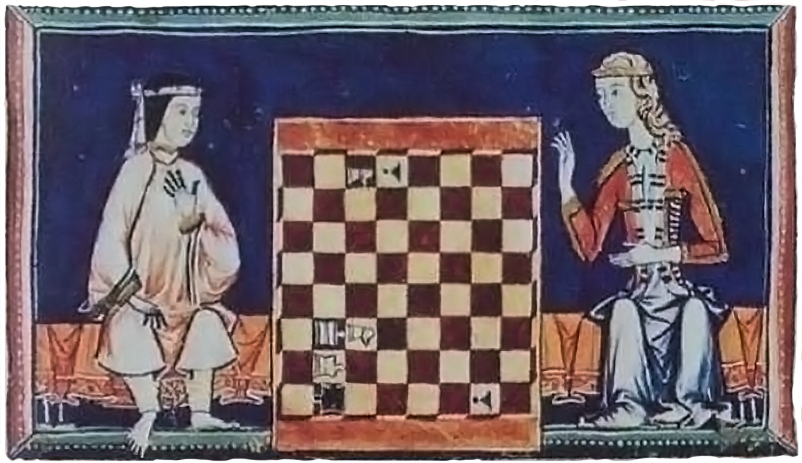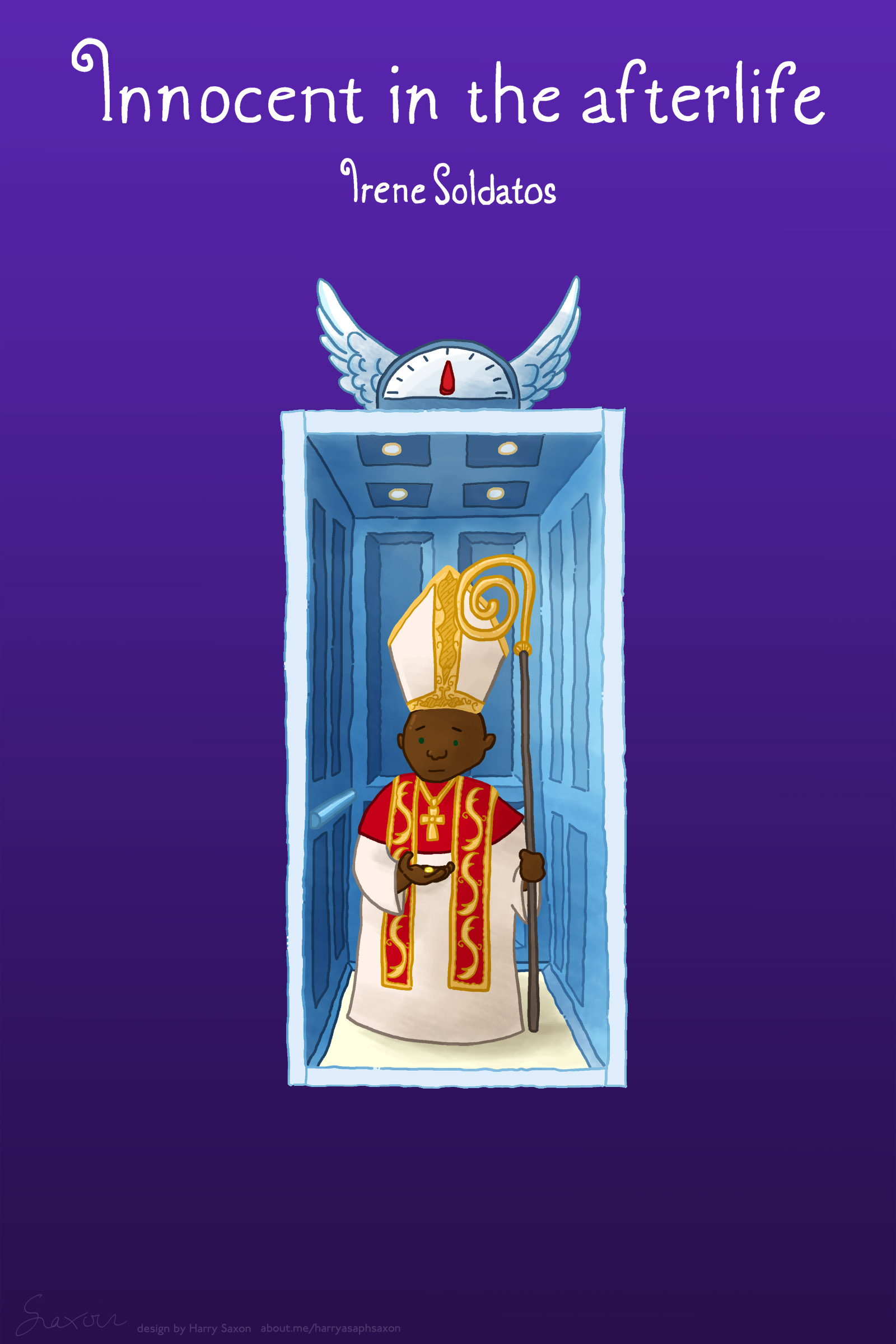8. ext. 12. Well, don’t you have to believe that nature plays tricks on human bodies? People can tolerate these tricks because they are not exactly ferocious ones, but they must also be counted as miracles. Take for example the son of King Prusias of Bithynia, who had the same name as his father.1 Instead of an upper row of teeth, he had one single bone that came down the same length all around. It was not so ugly to look at, and it was not at all awkward for him to use it.
8. ext. 13. On the other hand, Drypetine, the daughter of King Mithridates and Queen Laodice, looked very ugly because of her double row of teeth.2 She joined her father in exile when he was defeated by Pompey.3
8. ext. 14. A man had eyes that were quite amazing. It is a definite fact that he had very sharp eyesight and that he could even see the Carthaginian ships setting sail if he looked out from the harbour of Lilybaeum.4
8. ext. 15. The heart of Aristomenes of Messenia was even more amazing than the eyes of that man.5 Aristomenes had often been captured and then escaped through trickery, but the Athenians finally got him. Intrigued by his exceptional intelligence, they cut open his heart, and discovered that it was full of hairs.6
8. ext. 16. The poet Antipater of Sidon caught a fever every year on one day only – his birthday.7 When he reached the end of his days, he was finished off on his birthday by this illness, which attacked him at its usual time.
8. ext. 17. It is a good place to tell the story of the philosophers, Polystratus and Hippoclides.8 They were born on the same day, followed the same philosophical school founded by Epicurus,9 shared the fortunes they had inherited, set up a school together, and when they had reached a ripe old age, died at the same time. Who could avoid thinking that this great equal partnership in fortune and in friendship was produced, nourished, and brought to completion in the bosom of the goddess Concord herself?
Valerius Maximus, Memorable Deeds and Sayings; One Thousand Tales from Ancient Rome, trans. Henry John Walker, Hackett Publishing: 2004, p. 41.
1Prusias Monodous (“one-toothed”) was the son of Prusias II (king of Bithynia from 181-149 B.C.E.).
2Mithridates VI was king of Pontus from 120 to 63 B.C.E.
3Mithridates VI was defeated by Pompey in 66 B.C.E. and had to flee from his kingdom. Drypetine died on the journey.
4Lilybaeum was on the west coast of Sicily and over 100 miles from Carthage in north Africa.
5Aristomenes was the hero of the Messenian rebellion against Sparta in the first half of the seventh century B.C.E.
6Aristomenes was captured and killed by the Spartans, not the Athenians.
7Antipater of Sidon (in Phoenicia) wrote Greek epigrams in the second century B.C.E.
8Polystratus was an Epicurean philospher of the third century B.C.E. He was the third head of the Epicurean School.
9Epicurus founded his philosophical school in Athens in 306 B.C.E.



